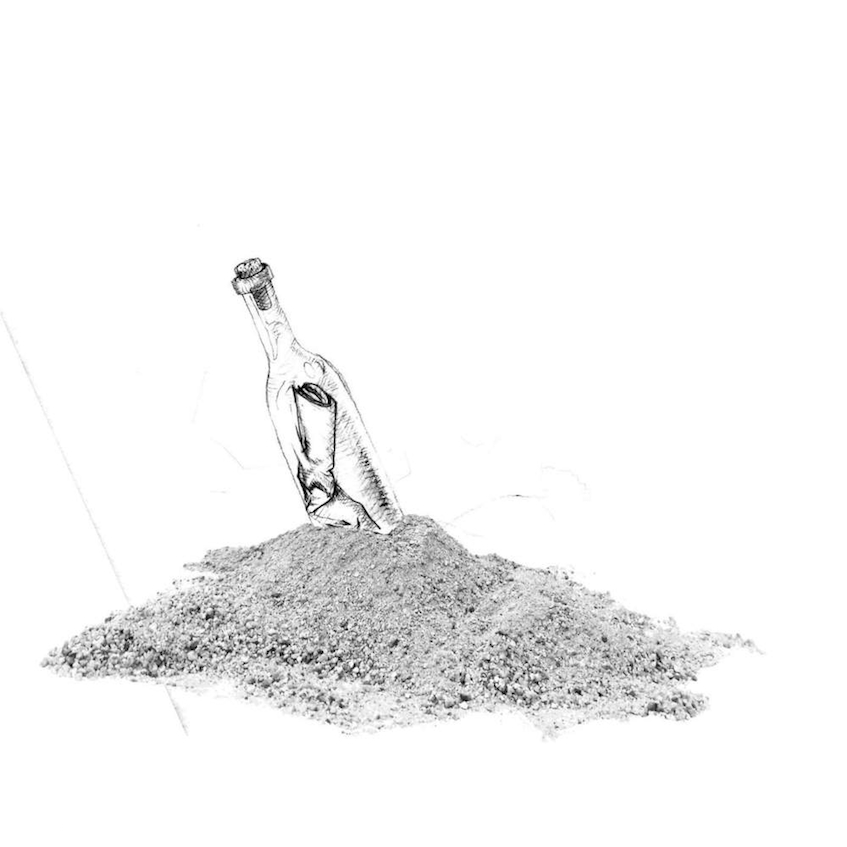By Martin Castro (Contributor) – Email
Print Edition: June 17, 2015
Chance the Rapper, who has garnered success from mixtapes (particularly Acid Rap), has apparently foregone mainstream hip-hop fame in favour of making soul and jazz with Donnie Trumpet and the Social Experiment, Chance’s touring band. Donnie Trumpet, whose real name is Nico Segal, headlines the group and provides intermittent backing vocals and horns.
The first track on Surf, “Miracle,” features a hazy, dreamy opening, complete with hesitant horns and vocal harmonies, which melt away to set the stage for Chance to spit what more closely resembles spoken-word poetry than rap. Chance raps while piano and horns swell around his voice, before coming to an abrupt but powerful stop, setting the mood for the record.
“Slip Slide” is probably one of the best and most accessible tracks on the record. Featuring verses from Busta Rhymes and B.o.B, the track is a four-minute feel-good soul jam that’s immediately catchy. Having a live backing band gives Chance a more organic aesthetic to work with, and it works.
“Warm Enough” features verses from Noname Gypsy and J. Cole, both of whom shine on the track. Most of the record is really a soul and jazz record, which just so happens to have people rapping over it every now and then. What’s more interesting is the fact that Chance himself opts out of having full verses on a lot of the songs and is content to simply sing hooks and choruses. So what really stands out on Surf is the instrumentation and influences, which range from the jazz of Charles Mingus to traditional African music, to contemporary R&B.
“Caretaker,” for example, seems to be a song explicitly made to play in the background as you share an intimate dance with a partner. At only a minute-and-a-half, the track is short but oh-so-sweet.
“Just Wait” brings the energy back up by way of a trumpet solo that lasts another minute-and-a-half, before watery synths accompany Chance and company crooning about “better things.”
One of the most surprising features on this entire project is Quavo, of Migos, who is literally the very last person I’d have expected to see giving a verse — particularly on a song such as “Familiar,” which is positive and soulful as hell, keeping the theme of being true to oneself that seems so prevalent throughout the record. Quavo’s verse deserves praise, as it’s a sign of growth from a rapper whose content is usually as misogynistic as just about anything you can think of.
Perhaps the best song on the entire mixtape is the first single, released some months ago, “Sunday Candy,” which features Jamila Woods on vocals and Chance reminiscing over being dragged to church with his grandmother. It’s more of an ode to his grandmother than to church itself, and the last verse Chance delivers is one of the most appealing I’ve heard from him in a long time.
If this is what happens when Chance the Rapper takes a break from making straightforward hip-hop to run around making jazz with his friends, Chance should take breaks more often.


